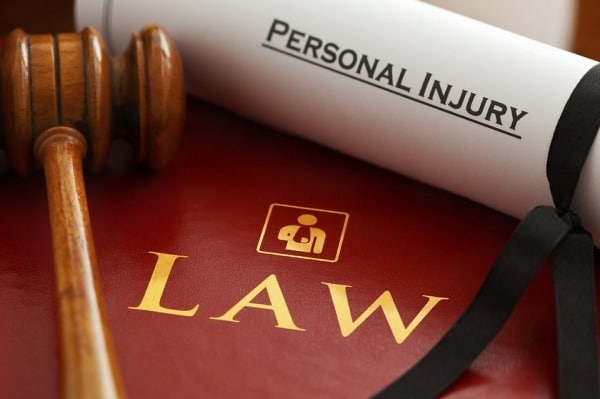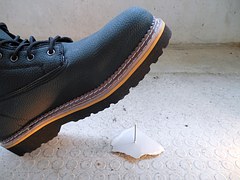If I Get Hurt On Someone’s Property Are They Automatically at Fault or Liable?

It’s an unfortunate fact of our existence that unexpected things happen everyday that injure people. When discussing a liability determination in a personal injury case, a concept that I often see overlooked is that of responsibility for the injury. I Attorney Eric T. Kirk sometimes meet with people who have drawn a straight causal connection line between injury and a financial recovery. This is a correct analysis in the case of strict liability- where no fault needs to be proven.
However, strict liability is rarely applied. In the overwhelming majority of cases, fault -responsibility or liability- must be shown.
Liability, or responsibility. in the context of a personal injury case can take a few different forms. In the case of intentional torts, the necessary degree of responsibility is, as the name suggests, intent.

Intentional torts are things like assault, battery, libel slander and the like. In these cases, a plaintiff claiming injury must show that the defendant intended the act that caused the harm. As mentioned in the opening paragraph, there are a limited number of cases where the law imposes “strict liability” for example where a merchant places and inherently dangerous product into the stream of commerce.
The most common theory or basis for recovery in a personal injury matter is that of negligence. I’ve explored the specifics of a negligence based claim in other guides.
To prevail in a negligence case, a plaintiff must show that the defendant owed a duty not to create a risk of harm to them, that the defendant breached that duty, and harm ensued.
When the dots are mistakenly connected directly between an event causing injury and a financial recovery, that analysis of course overlooks the essential component of any negligence claim- fault. In this erroneous analysis, the concepts of duty and breach are erroneously overlooked. It is not enough to show that there was an event that caused an injury- no matter how unfortunate that event was, or how far horrific the injury.
To be entitled to compensation in a negligence claim, an insured person must show that the defendant had the obligation to prevent the harm, yet failed to do so. These are the concepts of duty and breach.
The correct causal chain in a recovery for an injury based on negligence is: obligation to prevent harm, breach of obligation, accident, injury, and then, and only then- financial recovery.

Now, seasoned personal injury lawyers have likely seen situation where the injury is extreme, and the jury, or a judge, or in rare instances a claims adjuster for an insurance company, may be more likely to look past strained notions of liability. Such sympathy driven outcomes are of course impossible to predict. I would have to say a more common scenario is one in which an injured individual, or their family members, connect the dots between accident and financial recovery without an incorporation of the necessary concepts of duty, breach and causation. This more thorough analysis is what a proven personal injury attorney can bring to your table. Data also suggests that having an experienced injury attorney at your trial table increases the value of your personal injury case.



